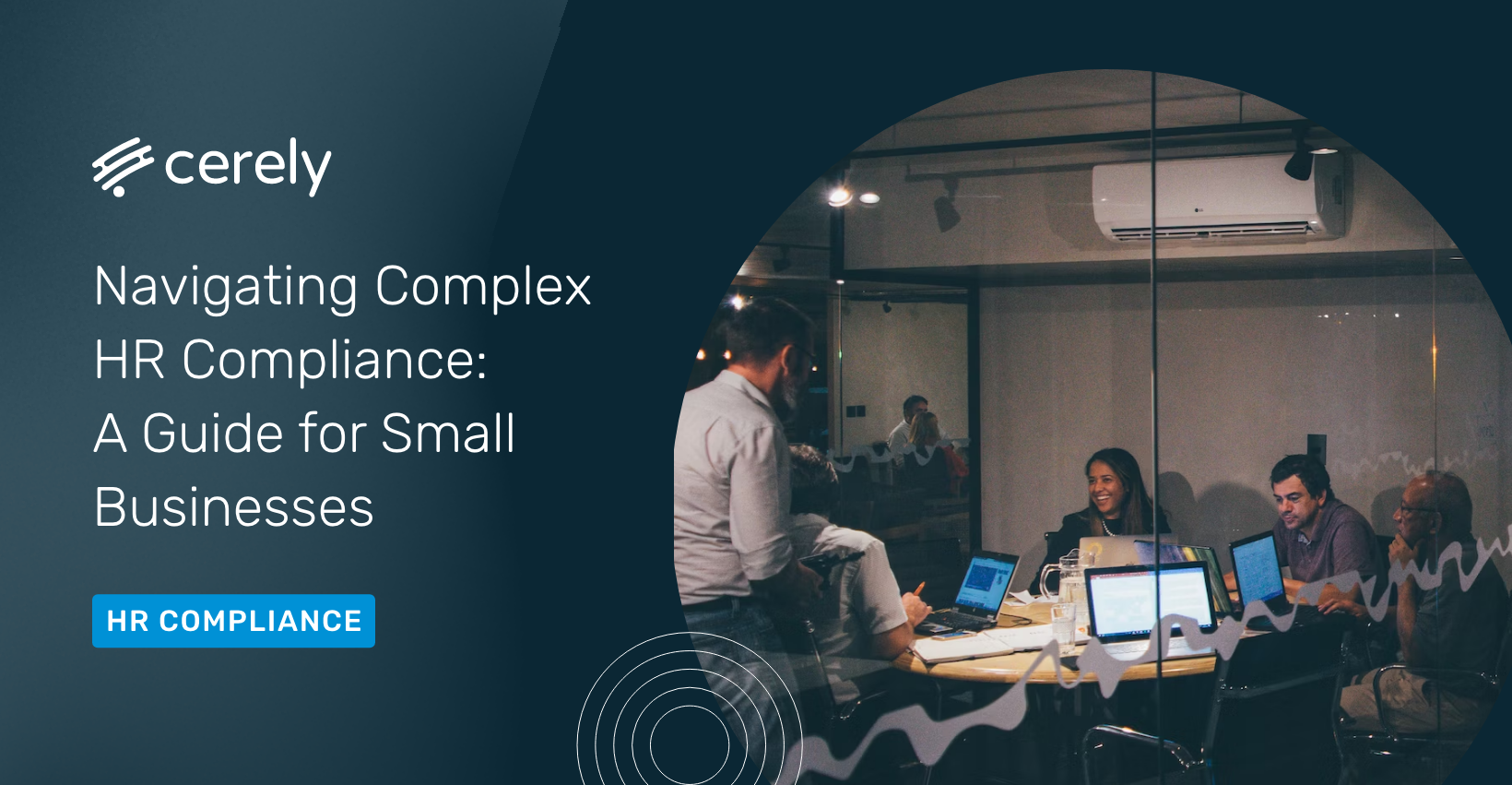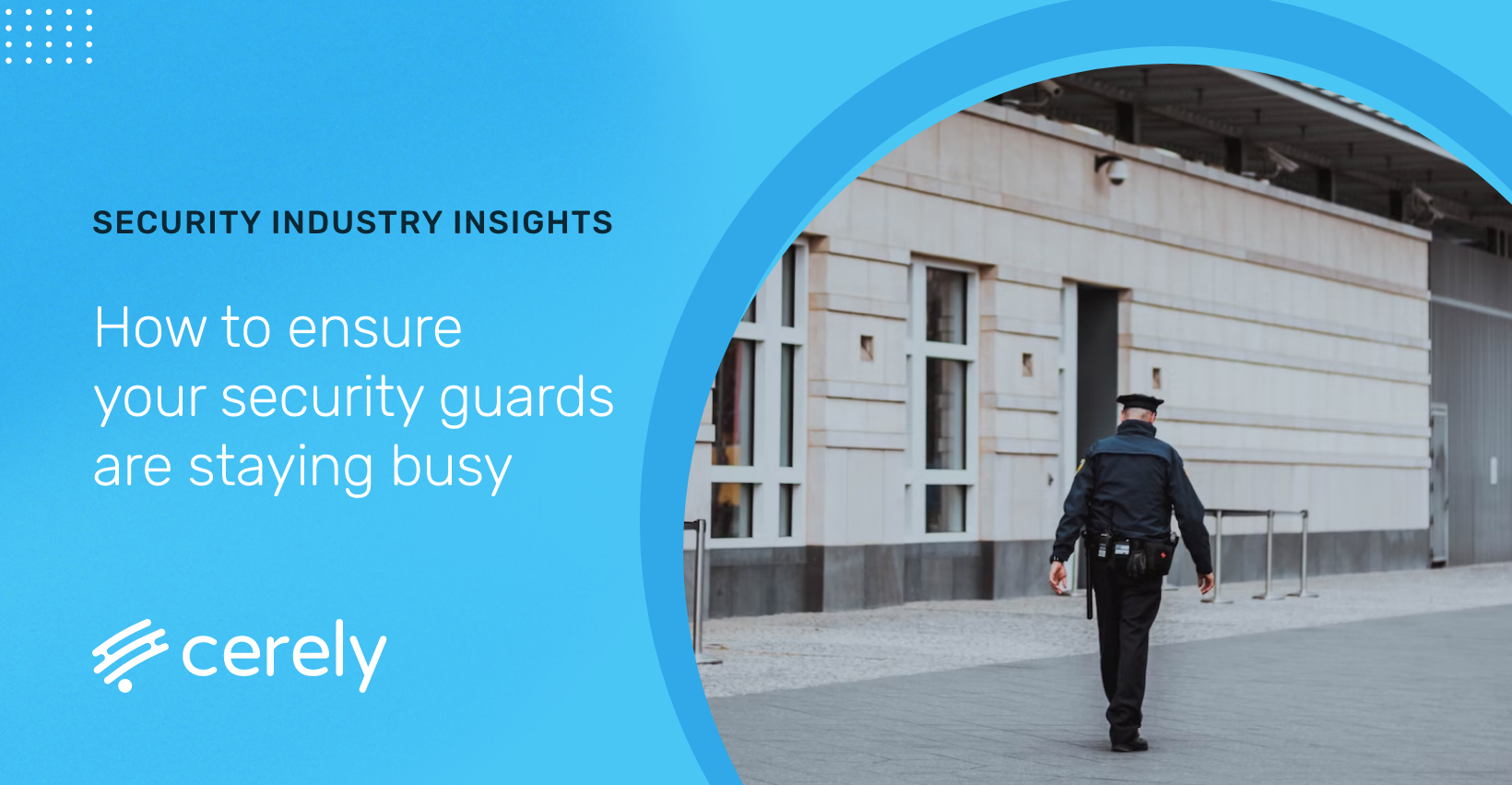To this day, Australia not only possesses a strong technology industry but is predicted to have grown dramatically in its security industry as well. This is backed up by the fact that Australia has the second strongest market in the APAC region after China.
The market size of the Investigation and Security Services industry stands at $11.0B by revenue for the year 2021 alone. Considering the pandemic, the security industry in Australia seems to be performing better than other industries and the market size is expected to increase 4.6% in 2021.
With the increase in demand, it is important for companies within the security industry to know who they are up against when it comes to running their business and this article aims to classify specifically the types of competition that exist within the security industry.
HOW CAN I IDENTIFY MY COMPETITORS?
Most often it is mistaken that as a security service provider, your main competitor is any company that provides security officers. To correct this, let us begin with the three types of competitors that exist within most industries:
1 Direct Competitor’s
These are the companies that your buyers would choose to get their services instead of yours is not available.
E.g. Your company provides manpower security services, but it takes you too long to return calls or your calls go directly to voicemail. In these cases, they find it difficult to get a hold of you when needed, they would rather go to another manpower security service provider.
2 Indirect Competitors
Companies that offer products or services that are alternatives to yours. These companies are not really a threat since they don’t provide the exact thing you do, but it is necessary to keep an eye on them in case they do so.
E.g. Your company provides manpower security services on contract, but if the customer is looking for an alarm system, they may end up acquiring the service of another security company.
3 Substitutes
When a company provides a product or service that delivers the same benefits as yours but it doesn’t necessarily compete against what you offer.
E.g. Being stuck between needing manpower security services and installing surveillance instead, a customer chooses to invest in CCTVs instead of using your services.
WHY SHOULD I CATEGORISE COMPETITORS?
In order to know who exactly you’re trying to beat in the market, you need to categorise and narrow your choices so that you can position yourself well in the security industry market.
When evaluating your competitors, consider the following questions:
- What is the nature of their business?
- What are their strengths and weaknesses?
- What is the noticeable marketplace strategy?
- What is the competing product/service being offered?
- How much do their products/services cost?
- What audience are they targeting?
- What are their market share and level of sales?
- How do they promote their products/services?
- What delivery method(s) do they use?
- Do they provide after-service support, and if so, what?
During the process of starting your business, it is vital to know who your competitors are in order for you to choose the correct audience to sell your services to. Make the most out of information derived from various sources such as websites and social media accounts when it comes to your competitors.
Another thing to consider is ensuring to select a good workforce management system. Having Cerely will help you manage your workforce better to ensure you are meeting your clients’ needs more efficiently than your competitors.



